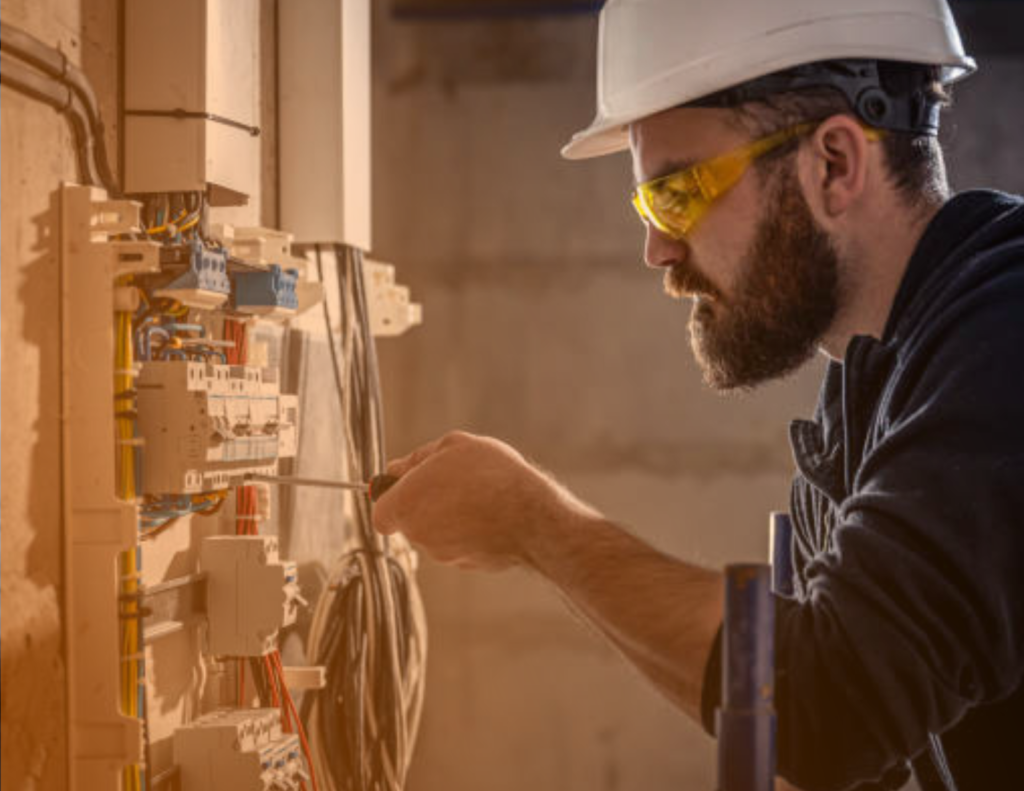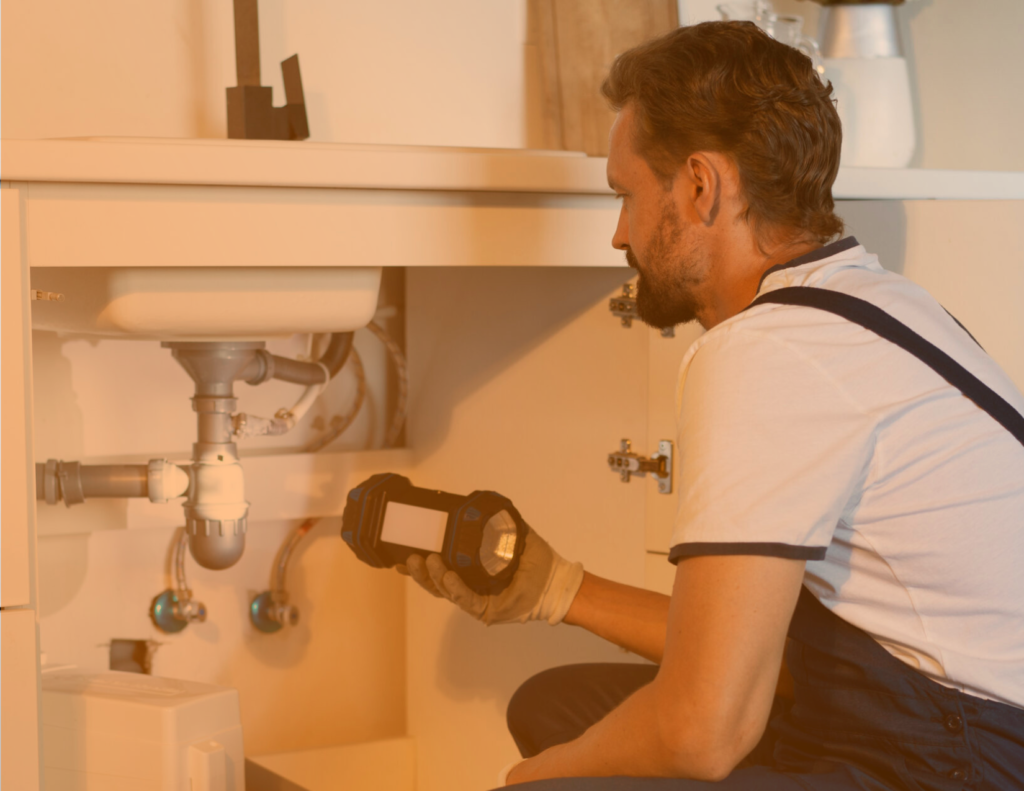In the fast-paced retail industry, where consumer satisfaction and operational efficiency are paramount, the strategic integration of professional facility management can make a significant difference. Retail environments must not only attract and retain customers but also operate smoothly behind the scenes. Here’s how harnessing the specialized services provided by a facility management company can enhance your retail operations, align with industry demands, and contribute to overall business success.
1. Creating an Impeccable Shopping Environment
First impressions in retail are critical. The physical state of your store directly influences customer perceptions and shopping behaviors. Facility management teams ensure that every aspect of your store’s environment is meticulously maintained—from sparkling clean windows and well-manicured exteriors to perfectly functioning lighting systems. Services like power washing, graffiti removal, and regular maintenance of lighting fixtures help create an inviting atmosphere that encourages shoppers to stay longer and engage more with your products.
2. Enhancing Customer Experience with Seamless Operations
Retail success heavily depends on the seamless operation of numerous systems. Efficient facility management includes thorough upkeep of essential elements such as HVAC, electrical systems, and plumbing—all crucial for creating a comfortable shopping experience. For instance, ensuring that air conditioning systems are functioning optimally during hot weather or heating systems during winter prevents customer discomfort and promotes a pleasant shopping environment. Services like dedicated circuit installation for high-demand areas and regular electrical system checks can prevent outages that might otherwise disrupt the shopping experience.
3. Ensuring Safety and Compliance
Retail stores must adhere to strict safety standards and regulations to protect customers and staff. Professional facility managers are experts in compliance, ensuring that all safety protocols are up to date and rigorously followed. This includes regular inspections and maintenance of emergency exits, fire safety systems, and structural integrity of the facility. Services such as ceiling tiles repair, bollard replacement, and emergency board-up services contribute to maintaining a safe environment that meets regulatory standards.
4. Driving Sustainability in Retail Operations
Sustainability is increasingly becoming a competitive advantage in the retail sector. Facility management can help implement sustainable practices that reduce energy consumption and waste. Upgrading to energy-efficient lighting systems, installing water-saving plumbing fixtures, and ensuring proper insulation are just a few ways facility managers help retailers operate more sustainably. These practices not only lower operational costs but also appeal to environmentally conscious consumers.
5. Adapting to Evolving Retail Trends
The retail industry is constantly evolving, driven by technological advancements and changing consumer expectations. Facility management supports these shifts by ensuring that the physical store environment can quickly adapt to new trends. Whether it’s integrating the latest technology for an enhanced in-store experience or reconfiguring store layouts to accommodate new product lines or services, facility managers handle these transitions smoothly, minimizing disruptions and enabling retailers to stay ahead in a competitive market.
Conclusion
For retailers looking to thrive in today’s market, partnering with a skilled facility management team is key. Such partnerships not only ensure operational excellence and compliance but also enhance customer satisfaction through improved safety, sustainability, and adaptability. By focusing on creating and maintaining an optimal physical environment, facility management helps retailers not just meet but exceed the expectations of their customers, ultimately driving sales and fostering long-term business success.






